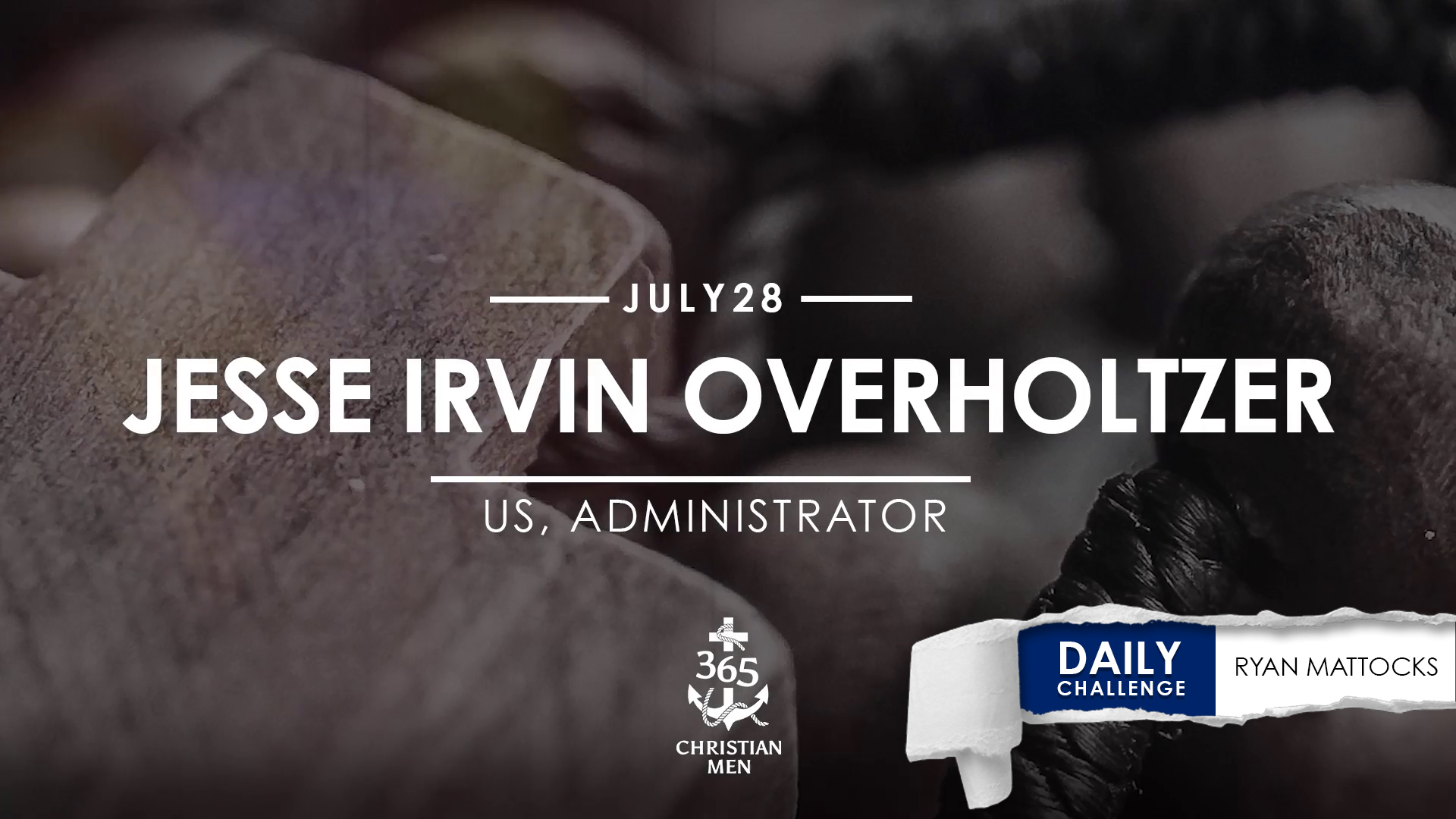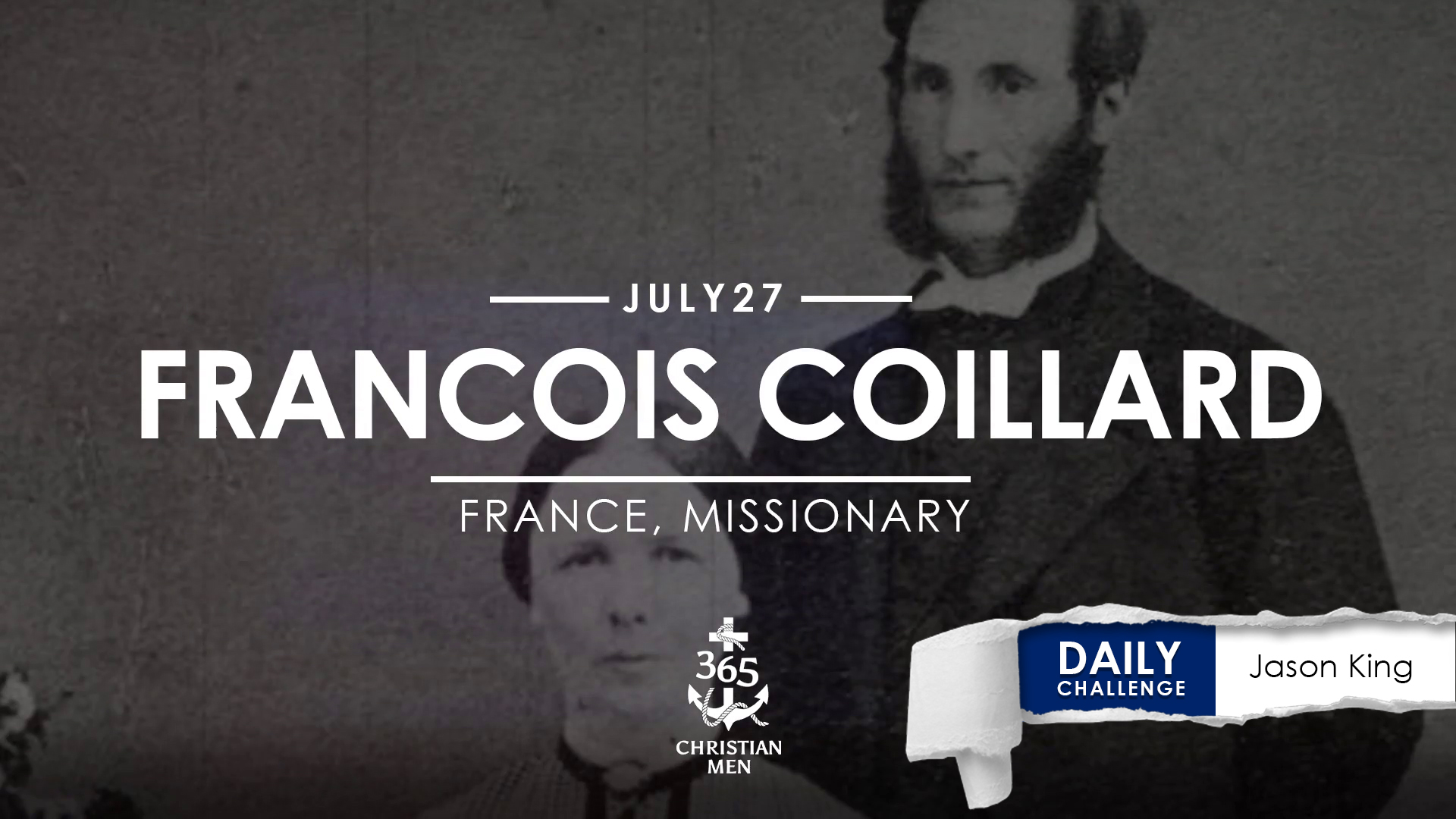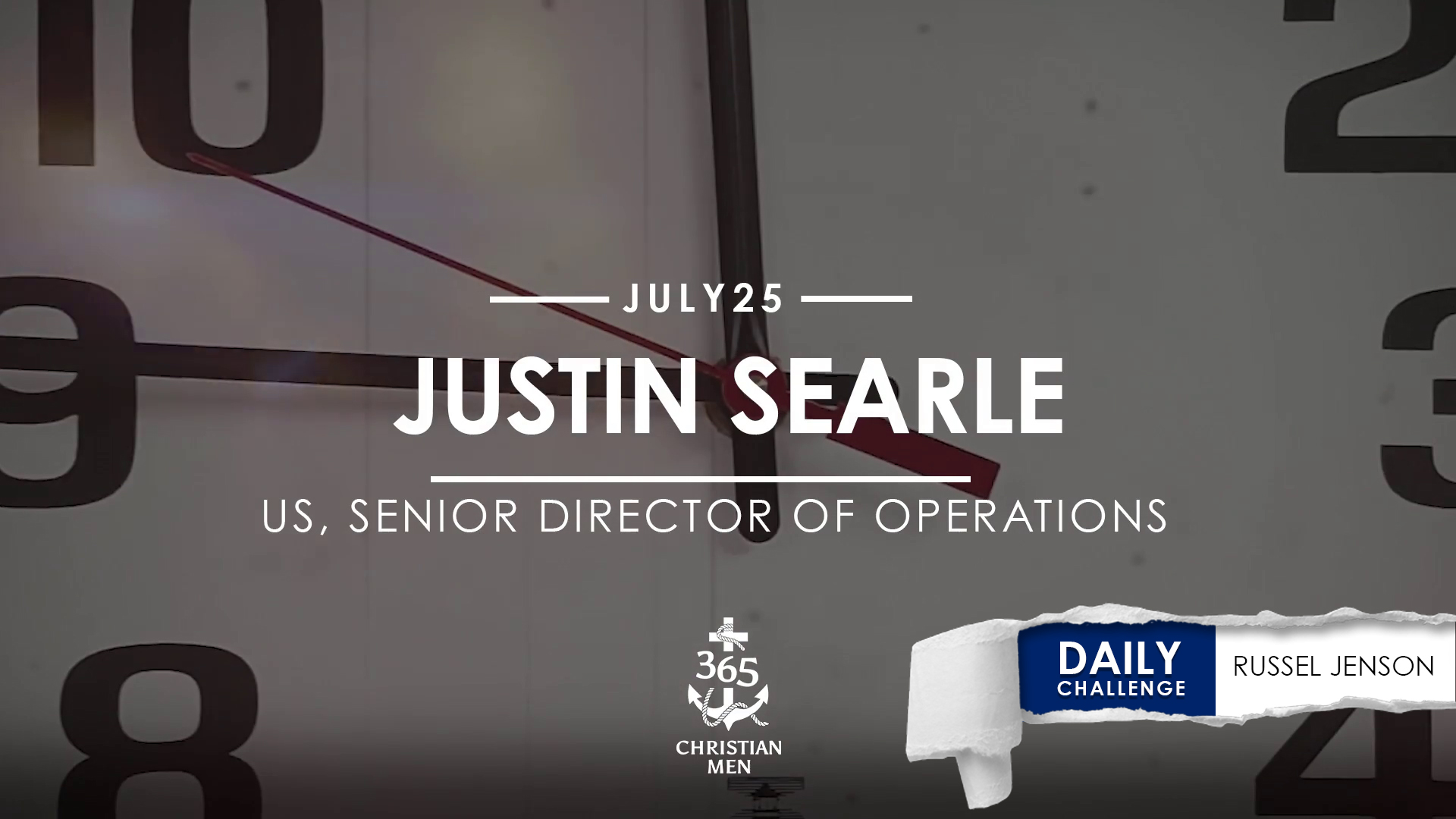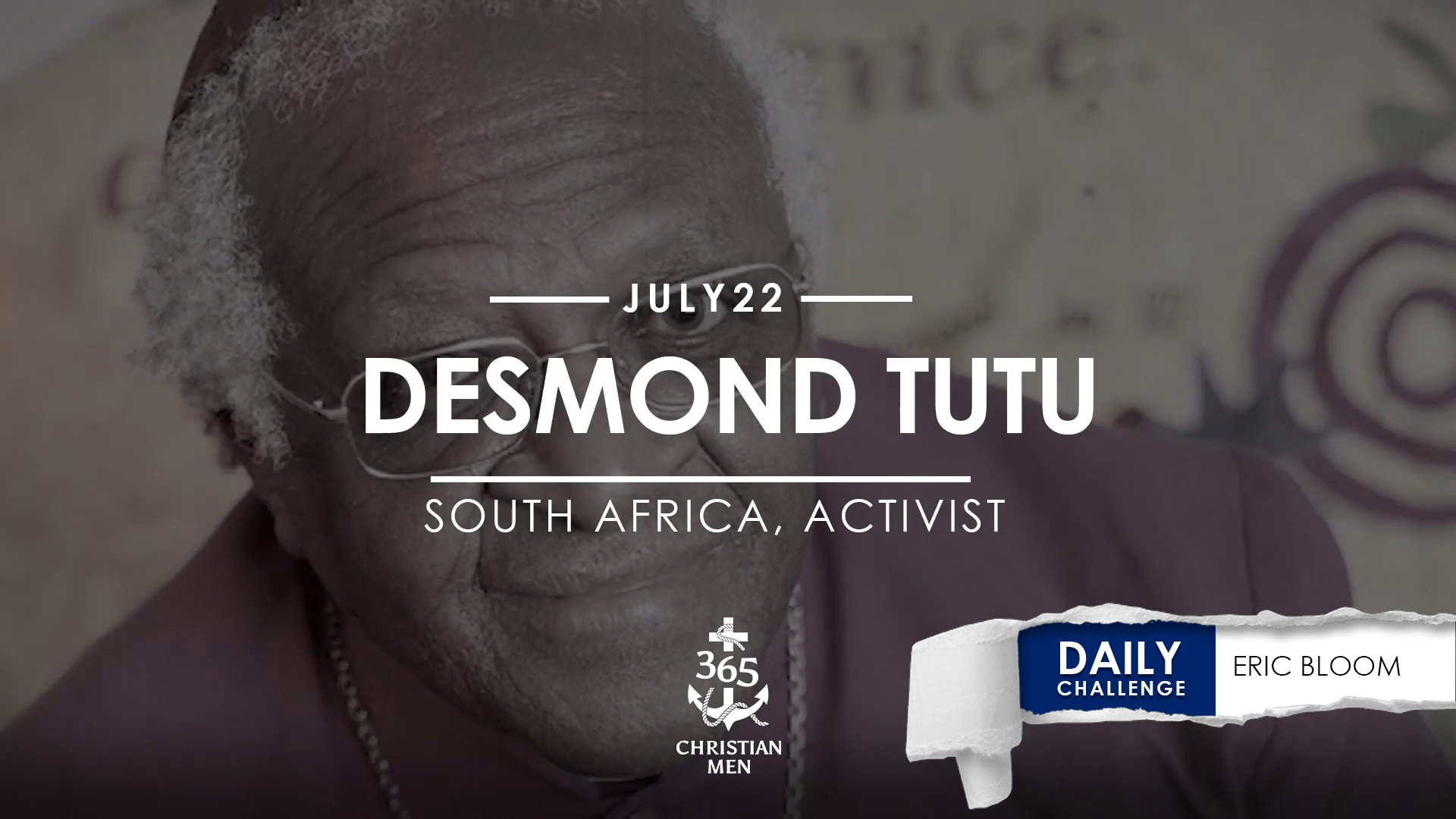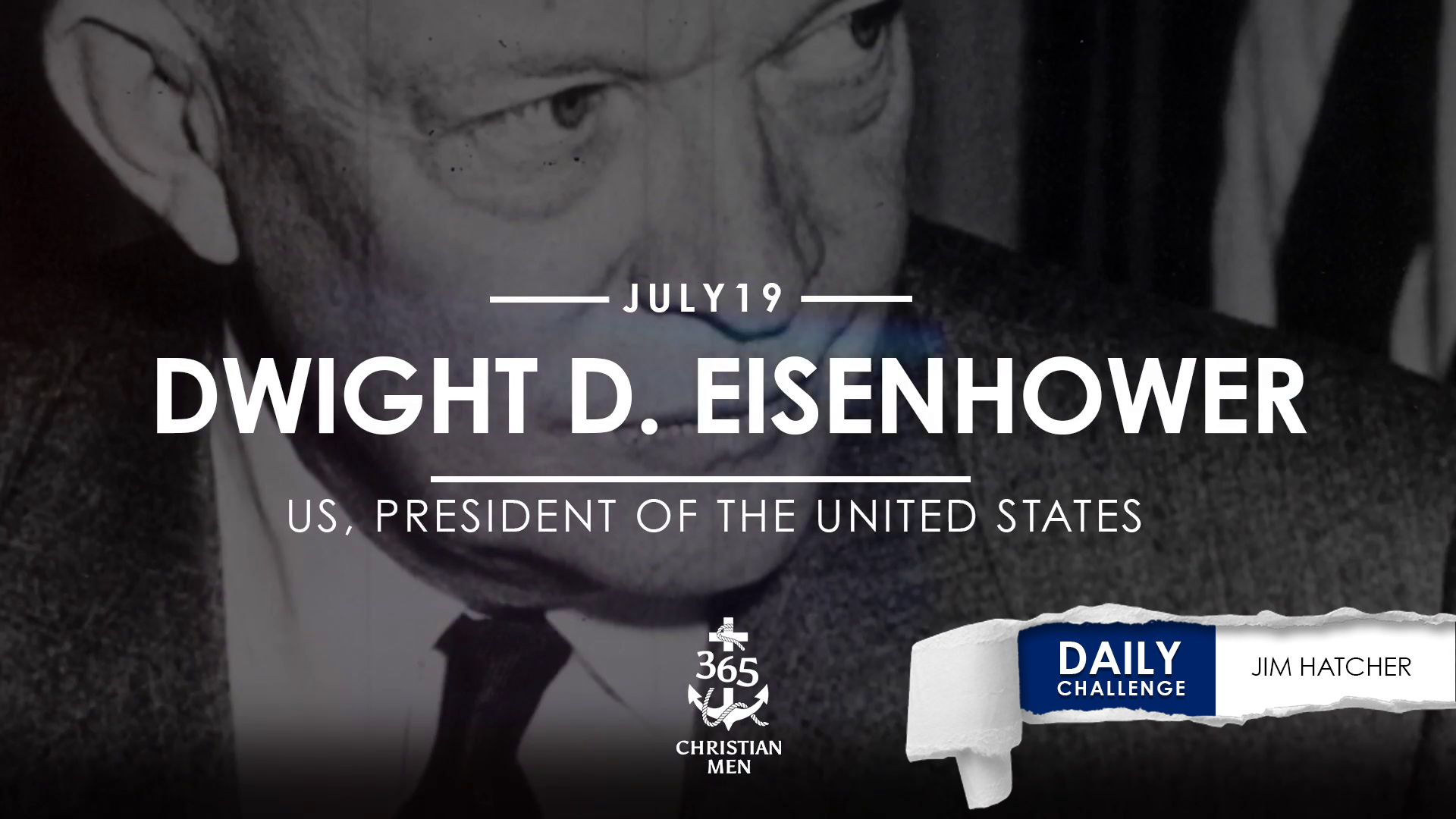July 28. Jesse Irvin Overholtzer. Jesse started out rebelling and determined to have all the fun he could. But Jesus intervened, and Jesse’s life became productive. And he didn’t tolerate obstacles.
When Jesse was 60, although he had no administrative experience, he founded Child Evangelism Fellowship with stations in 51 countries, and he directed its international operation for 15 years, up until 3 years before he died.
Where might and power failed, the Spirit of God succeeded. CEF is now the largest evangelistic outreach to children the world has ever seen. As of 2020, CEF operates in 175 countries.
Grace can break stubborn thinking and free a man to walk with Jesus.
When Jesse turned 18, he broke free from the strict religious control of his Brethren family and lived out the story of the prodigal son. For a long time.
He thought if he wasn’t going to have their religion, he ought to have as much fun as he could. And he could have a lot.
But fun doesn’t buy groceries, and being hungry all the time was hard. When Jesse finally came to himself, he realized that his prosperous father loved him and would take him back and would send him to college. In fact, Jesse’s father was one of the founders of the college.
Samuel Overholtzer did welcome his son home and sent him on to study. But right away, Jesse let it be known that he had no need for religion. He said, “Come on. We didn’t come to school for religion.”
But the school held a special week of evangelistic meetings. And Jesse didn’t want to attend, but in the end, he chose to honor the college’s request.
While people spoke, “… one after another of Jesse’s grounds for rejecting Christ was swept away. Finally, when the invitation was given, he was the first to respond.” He was no longer interested in studying law; missions became his goal.
Jesse was baptized and truly believed he’d been forgiven, but it didn’t last. And more than anything, he wanted to feel forgiven. He wanted to feel peace. He wanted to feel like God was happy with him. So he tried to please God by doing everything right.
He grew up to be a pastor, but he was still rigid about obeying every rule of God just so, and of course, this brought him no peace. Grace was not in his vocabulary.
Then God intervened: Jesse won a box of books. And one of the books was about DL Moody, a man Jesse did not respect. But eventually, he did read the book.
Jesse thought Moody was not a believer because he didn’t meet the high standards about always obeying every rule and doing everything right.
But the truths in the book bored deep into Jesse’s thoughts. Those same truths were part of Moody Bible Institute’s Doctrinal Statement which states, “… Salvation is the free gift of God’s grace through faith alone, in Christ alone …”
God was still working in Jesse’s life when scarlet fever overtook the family. Farm work devoured his daylight hours. And he devoted evenings to deeply studying grace. He discovered Bible passages that talked about Christ’s work on the cross—saving mankind at no cost to them. They didn’t have to do everything right to be forgiven. He got to the place in his life that whatever God revealed to him, Jesse accepted.
While pruning trees, Jesse’s eyes were opened, based on the verses he had found on grace and other events in his life. The Holy Spirit spoke to his heart. “If you declare with your mouth, ‘Jesus is Lord,’ and believe in your heart that God raised him from the dead, you will be saved. For it is with your heart that you believe and are justified, and it is with your mouth that you profess your faith and are saved” (Romans 10:9–10 NIV).
Changes began. He relaxed his severe dress code and shaved his beard—which had been required by his self-inflicted religion. Through his newly found freedom, many heard his message and came to know Christ as their Savior.
This man of God continued telling people about Jesus and was eventually led by the Lord to reach out to children of all denominations. In 1937, Child Evangelism Fellowship® was organized. In 2018, “CEF workers presented the life-changing message of the Gospel to over 25.4 million children.”
Have you given your life over to Jesus Christ? He loves you; surrender. Grace can break stubborn thinking and free a man to walk with Jesus.
Moody Bible Institute. “Doctrinal Statement.” Accessed September 4, 2019. https://www.moodybible.org/beliefs/.
Rohrer, Norman. The Indomitable Mr. O. Warrenton, MI: Child Evangelism Fellowship Inc., 1970.
Story read by: Daniel Carpenter
Introduction read by: Daniel Carpenter
Audio production: Joel Carpenter
Editor: Teresa Crumpton, https://authorspark.org/
Project manager: Blake Mattocks
© 2020, 365 Christian Men, LLC. All rights reserved.





